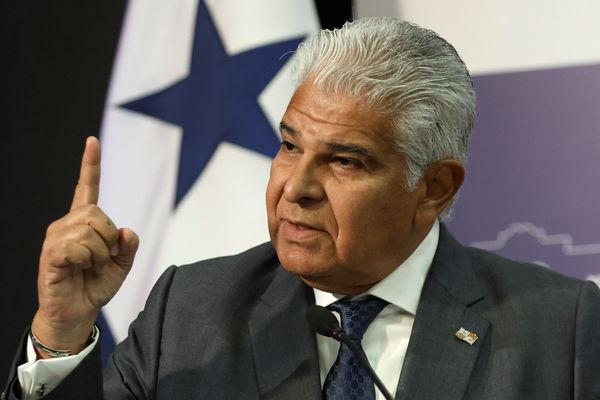
If ever you wanted proof that the big end of town and retail investors think differently when it comes to CEO incentive schemes, check out these voting results lodged by Tabcorp with the ASX after its recent 94-minute hybrid AGM in Brisbane.
Tabcorp responded positively to a request from Crikey to voluntarily disclose the outcome of voting on all resolutions not just by shares, which is the minimum required by the law and ASX listing rules, but also by shareholders. This is similar to what is required with a takeover conducted through a so-called scheme of arrangement, where the deal only passes if 75% of voted stock and 50% of voting shareholders support the deal.
In terms of the approval of CEO Adam Rytenskild’s incentive scheme, Tabcorp revealed that 1813 or 53.15% of the 3411 shareholders who voted opposed the proposed share grant, but in terms of shares voted, the support was a whopping 98.74%.
Say that again? A majority of Tabcorp’s voting shareholders opposed the CEO’s multimillion-dollar incentive grant but they only collectively owned 1.26% of stock voted at the meeting.
The Tabcorp annual report claims it has just more than 150,000 shareholders, so we now know the voter turnout was only 2.27% of shareholders. By comparison, in federal elections with compulsory voting, the turnout is normally above 90% of the electoral roll.
Tabcorp has 2.225 billion shares on issue, and 65.5% of these shares, or some 1.457 billion, were voted on the CEO’s incentive grant with 1.44 billion in favour and just 18.4 million against.
With Tabcorp shares closing at 97c last night, this means the average against-vote shareholder on the CEO’s long-term bonus share scheme only owned $9843 worth of shares, whereas the average of the 1598 supportive shareholders had a stake worth $871,000.
All this just goes to show how public company voting is dominated by the big end of town, largely because the vast majority of mum and dad shareholders don’t bother to vote. AGL’s more than 150,000 retail shareholders, who collectively own around 50% of the shares on issue, probably shouldn’t even bother to vote given that the current climate-driven battle for board control will ultimately be determined by the 100 biggest institutional investors, billionaire Mike Cannon-Brookes, and the proxy advisory firms that tell the institutions how to vote.
Maybe we should look at compulsory voting for retail shareholders in ASX300 companies. And we should definitely look at appointing the AEC to run contested board elections because, as things stand at the moment, the AGL contest is not even a secret ballot. The incumbents can ring up shareholders and complain about their vote the moment it comes in. There is also no limit on the amount of company resources they can spend defending their positions.
As for producing pristine neutral ballot papers, that is also a joke in corporate elections. AGL has really pushed the envelope, splashing big bold “for” and “against” recommendations (see page 19 of this notice-of-meeting pack) all over the printed and online ballot papers.
If Cannon-Brookes prevails in this battle for board control, he will have to overcome a number of systemic biases that favour the incumbents, plus the fact that he’ll be doing very well if the overall voter turnout exceeds 10% given the normal voting apathy demonstrated by Australia’s 7 million retail shareholders and their financial or administrative advisers.







